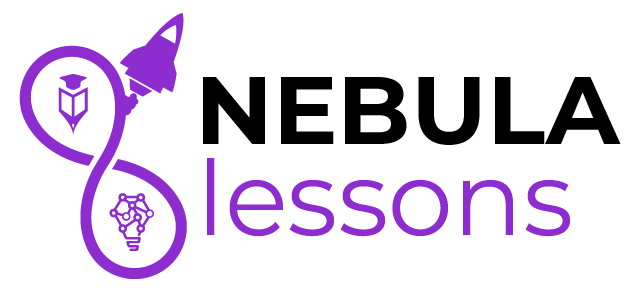Pros & Cons of Online Education
After the pandemic, the world has evolved including a major shift in the education system around the globe. Everything has shifted to an online setting. Even now, when the pandemic is almost over; everyone has become comfortable with this change. Moreover, the advancement in technology also predicts a digitalized and online future all over the world.
Talking about students of age group 14 to 20 who are very tech-savvy and can benefit the most from online learning, provided effecting teaching strategies and resources are used. In this blog, we are going to weigh the pros and cons of online education.
Some of the advantages of online learning are:
- It offers reduction in costs, which we all love! Online education is affordable, it does include buying Wi-Fi, laptop but it is a onetime investment that offers benefits for a longer period not only for education but for other uses.
- It offers accessibility, students can attend classes from anywhere at any time, this reduces the chances of them missing their lessons even when on holidays. It seems clear that online education is all about flexibility and that is indeed one of the very main benefits of online education. There are sub benefits within this major benefit. Online education offers considerable geographical flexibility unlike physical, or on-campus education does. A student need not to travel all the way to campus. This can not only help them save commute time but also be positive for their finances since they can save commute costs in a world of increasing gas and fuel prices.
- Since different people are productive at different times of day, online learning allows you to work at the times when your brain is most active/engaged.
- Everyone is not the same. Some students might benefit more from learning earlier in the day whereas others, mostly the night owls, might find it more convenient to study at night. But that’s unfortunately not an option in on-campus education since the schedule is predetermined by the scholastic institution’s administration on the basis of teachers’ availability. It therefore disregards what’s best for each individual’s need and offers a uniform platform of education, underappreciating everyone’s different learning capabilities.
- Some students have trouble concentrating and participating in crowded classrooms. Online learning can make it easier for students to focus. Some students might feel intimidated or nervous in traditional class settings. Or perhaps a huge classroom, like an auditorium, would make them sleepy.
- People usually take classes from home so being at home increases the chances of eating home cooked food instead of dining out, instilling a healthy lifestyle.
- It also reduces the time wasted on travelling from one tuition center to another.
- Taking class from the comfort of your own place does not exhaust students as well as the teachers.
- Online learning instils technical skills in the fresh minds and prepares them for critical thinking required in the real world.
- Online learning is more efficient because it offers a variety of educational resources like simulations, on-screen interactive exercises, animations, videos and sometimes gamified lessons too.
- Recorded courses and Lectures allows them to learn in spots where they are most comfortable learning, may that be their bedrooms or in a library. This can help students with social anxiety a lot. Finally, an obvious benefit is that recorded lectures are accessible anytime as long as one has a stable network connection.
CONS OF ONLINE EDUCATION
Despite all its pros, online education shouldn’t be embraced without some thoughtful consideration. And for some people, the cons that follow might be enough to cancel out the pros of online education.
- To begin with, online education, while being a very efficient and comfortable way to learn hard skills, does not teach soft skills much. Soft skills are those interpersonal and conversational skills one learns such as how to interact with others and how to make friends and maintain friendships. But these can only be learned in a social environment and mostly face to face.
- Even if there is interaction, it is not of the face-to-face kind which is where most soft skills are developed since face-to-face interactions help an individual learns the different types of body language and how to interpret them. Thus, online education falls short of teaching soft skills.
- Online education opens a plethora of distractions, as most of the time student is not being supervised, but this depends on the priorities, if a student prefers not to engage in other online activities during the lesson, this can be minimized.
- Another major con of online education is that it doesn’t allow much space for students to build deep relationships and friendships with their peers. In an online setting, once again lacks the ability to converse face-to-face or to study together in the same spot or to have lunch together or play sports together.
- Online education also leads to a significant increase in the screen time which might result in physical ailments, nausea and headaches for some and those with already weak eyesight’s might suffer the most.
- Next, the technical issues that are faced by the instructor and students cannot be forged. continuous audio, video or connection issues may create unnecessary disruptions. Lastly, it’s extremely crucial for the instructors to be technologic savvy so that they can maximize the benefits of all the additional tools that are available in the platforms and hence manage to deliver lectures effortlessly and in a way that helps the student learn the most.
For More Info.
Our Address
Nebula Lessons
2022 © NEBULA Lessons | Designed & Developed by XEEMAX Digital

